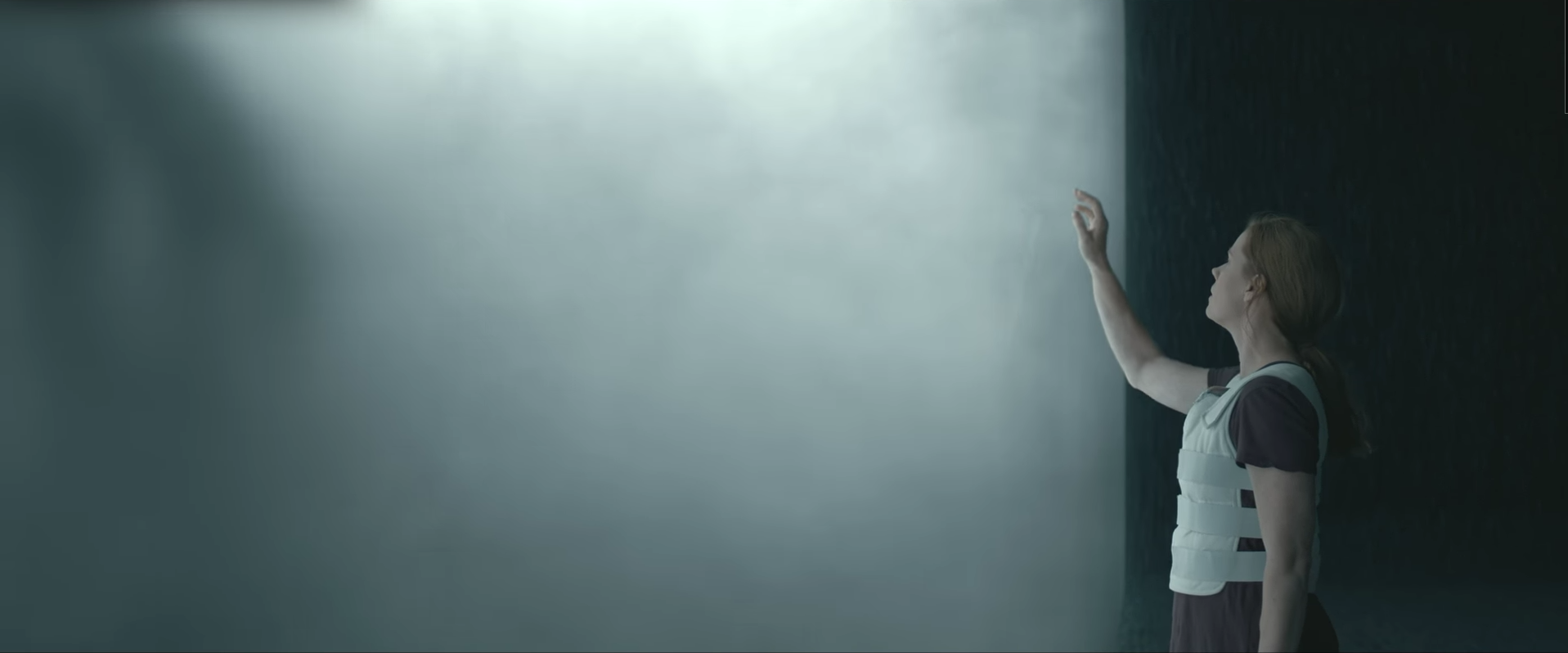When the silent universe speaks. Testing Camus’ notion of the absurd in the alien encounters of "Contact" and "Arrival"
DOI:
https://doi.org/10.58519/aesthinv.v3i2.11942Keywords:
First-contact Films, The Myth of Sisyphus, Thomas Nagel, Film Philosophy, Carl Sagan, Absurd, Arrival Film, Contact Film, Denis Villenuve, Robert Zemeckis, Albert CamusAbstract
Albert Camus' concept of absurdity - as articulated in his works The Stranger, The Myth of Sisyphus, and The Rebel - outlines a metaphysics of inherent struggle between the human mind that strives for unity and clarity and an inhumanly silent universe. When an absurd mind realises its own inescapable frontiers of knowing, meaning, separation and mortality, Camus argues, it has the Sisyphean choice to embrace such a universe nevertheless, while forever retaining the spirit of revolt that defies it.
In this essay I analyse, side by side, two first-contact films - Robert Zemeckis' Contact (1997) and Denis Villeneuve's Arrival (2016) - to test the validity of Camus' metaphysics in a universe where human estrangement seems to be disrupted by cosmic visitors. The films' thought experiments support Camus' universal vision, indirectly suggesting that even aliens are prone to absurdity. On the other hand, both films offer an approach of intimate communion with the cosmos, in light of which Camus' description of the universe as a stranger seems to demonstrate a limited perspective.
References
Bowker, Matthew Hamilton. 2008. “Albert Camus and The Political Philosophy of the Absurd.” Ph.D. diss.
Camus, Albert. 2005. The Myth of Sisyphus. Translated by Justin O’brien. London: Penguin Books.
--- 2013. The Rebel. Translated by Anthony Bower. London: Penguin Classics.
Carruthers, Anne. 2018. “Temporality, Reproduction and the Not-Yet in Denis Villeneuve’s Arrival.” Film-Philosophy 22 (3): 321–339.
Chiang, Ted. 2016. Stories of Your Life and Others. Vintage.
Ebert, Roger. 1997, jul. Contact. www.RogerEbert.com.
Fleming, David H, and William Brown. 2018. “Through a (First) Contact Lens Darkly: Arrival, Unreal Time and Chthulucinema.” Film-Philosophy 22 (3): 340–363.
Foley, John. 2008. Albert Camus: From the Absurd to Revolt. New York:
Routledge.
Golomb, Jacob. 2005. In Search of Authenticity: From Kierkegaard to Camus. New York: Routledge.
Isaacson, Walter. 2008. Einstein, His Life and Universe. London: Pocket Books.
Krämer, Peter. 2013. “‘Want to take a ride?’: reflections on the blockbuster experience in Contact (1997).” In Movie Blockbusters, 140–152. Routledge.
Litch, Mary M. 2010. Philosophy Through Films. New York: Routledge.
Mulhall, Stephen. 2008. On Film. New York: Routledge.
Nagel, Thomas. 1971. “The absurd.” The Journal of Philosophy 68 (20): 716–727.
--- 1986. The View From Nowhere. New York: Oxford University Press.
Richard, David Evan. 2018. “Film Phenomenology and the “Eloquent Gestures” of Denis Villeneuve’s Arrival.” Cinephile 12 (1): 41–47.
Sagan, Carl. 1997. Contact. New York: Pocket books.
Sanders, Steven M. 2009. The Philosophy of Science Fiction Film. Kentucky: The University Press of Kentucky.
Stone, Bryan. 2016. “Religious Faith and Science in Contact.” Journal of Religion & Film 2 (2): 6.
Svetkey, Benjamin. 1997. “Making Contact: The Story behind the controversial space odyssey.” Entertainment Weekly, July, vol. 18.

Downloads
Published
Issue
Section
License

This work is licensed under a Creative Commons Attribution 4.0 International License.
Authors who publish with this journal agree to the following terms:
Authors retain copyright and grant the journal right of first publication with the work simultaneously licensed under a Creative Commons Attribution License that allows others to share the work with an acknowledgement of the work's authorship and initial publication in this journal. Note: up to volume 4 issue 1, an incorrect copyright line appears in the PDFs of the articles.
Authors are able to enter into separate, additional contractual arrangements for the non-exclusive distribution of the journal's published version of the work (e.g., post it to an institutional repository or publish it in a book), with an acknowledgement of its initial publication in this journal.
Authors are permitted and encouraged to post their work online (e.g., in institutional repositories or on their website) prior to and during the submission process, as it can lead to productive exchanges, as well as earlier and greater citation of published work (See The Effect of Open Access).





